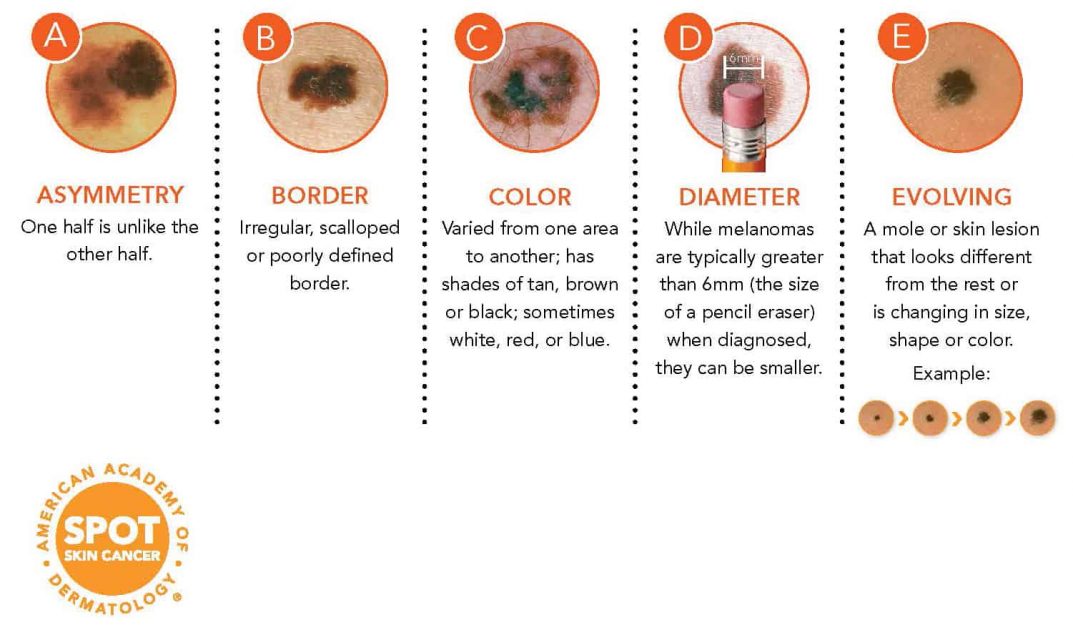Annual Skin Cancer Screening
Cancer is generally thought of as a disease that attacks from the inside out. However, skin cancer is among the most common forms of cancer. It affects every fifth adult in the country. You should know that all cancer types are not deadly in nature. Squamous cell and basal cell carcinomas tend to stay present in one stop. These are easily treatable. However, melanoma is something that can be fatal if not treated early.
This makes it important to check your body for signs of cancer regularly. You may know your body best and may detect any new lesion, mole, or spot. However, it takes a trained eye to spot precancerous characteristics.
Texas Surgical Dermatology, led by board certified dermatologist Dr. Tri H. Nguyen, provides safe and proven skin care procedures to patients in Houston, Katy, Spring, The Woodlands, Texas, and surrounding locations.

What Does Skin Screening Mean?
Your doctor will check your entire body for signs of cancer during your annual skin screening visit. The dermatologist will ask you to wear a gown so that they can access every inch of your skin and inspect it. You can be confident that a good dermatologist will do everything possible to keep you comfortable.
Skin screening cannot be considered a diagnostic tool. It is the initial step to requesting for further tests. Skin biopsies and other next level tests are used for diagnosing cancer types.
Signs the Dermatologist Looks For
The dermatologist will look for lesions, bumps, spots, moles, and sores during the annual skin screening. You should know that every spot is not a sign of cancer. However, there are some that are. The A, B, C, D, Es of moles makes it easier to understand what to look for:
- Asymmetrical: This is when a part of the mole doesn’t match the rest of it
- Border: Irregular borders can be worrisome
- Color: Uneven coloring could be problematic
- Diameter: Anything larger than the size of a pencil eraser should be examined by a professional
- Evolving: moles that change their color, shape, or size should be examined
Your dermatologist will investigate you from the head to the toe. Annual screenings are a great way to detect cancer since changes in mole size and shape can be compared over time.
Skin Cancer Risk Group
Skin cancer can occur in any person of any age. However, there are a few factors that make them more likely in people with:
- Blues or light green eyes
- Skin that freckles in the sun
- Blonde or red hair
- Fair skin
- Excess sun exposure
- A family history of skin cancer
- Skin that easily burns
- Many moles
Annual skin screenings are recommended by experienced dermatologists for patients. However, if you are in any of the risk groups, you should make sure to keep your annual appointments. Skin cancer can be easily treated in most cases if detected early. However, you need regular skin screenings if you want to catch them early.
Board certified dermatologist Dr. Nguyen receives patients from Houston, Katy, Spring, The Woodlands, Texas, and nearby areas for advanced and innovative skin care treatments.
For More Information contact our Board Certified in Dermatologists at Texas Surgical Dermatology in Spring, TX
For more information on procedures and treatments offered at Texas Surgical Dermatology PA please call 832.663.6566 or click here to contact our dermatologists. Helping patients in Houston, The Woodlands, Spring, Katy and other surrounding areas of Texas.

